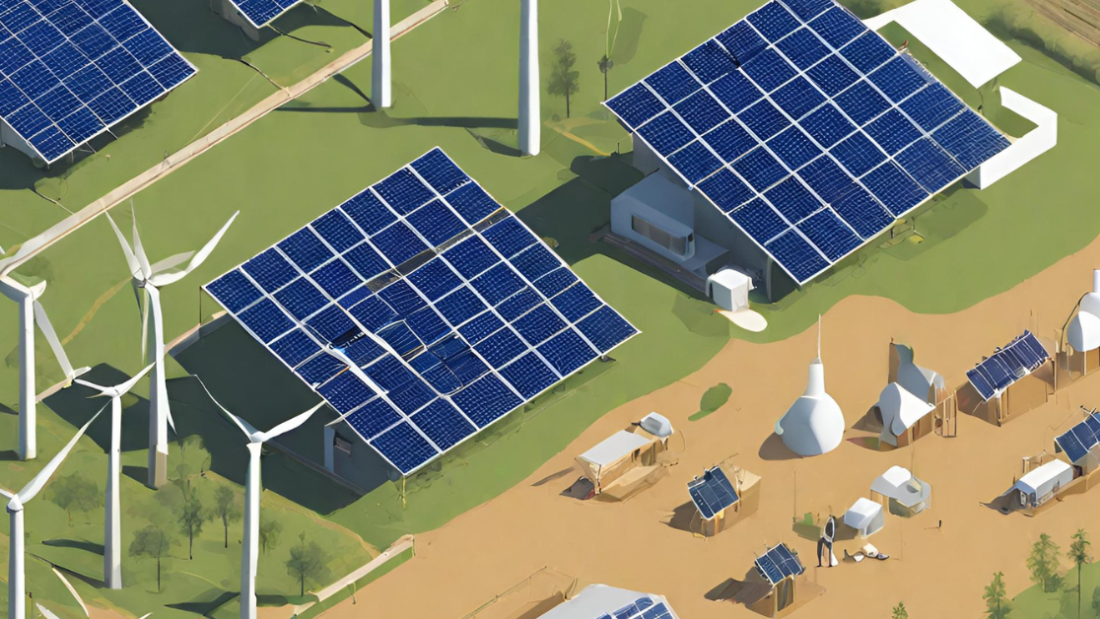In the evolving landscape of manufacturing, the integration of hybrid energy systems stands as a beacon of sustainable progress. Revolutionizing energy utilization, these systems harmonize diverse sources, reshaping manufacturing paradigms towards eco-conscious and efficient operations.
Smart Energy Mixing: Making Factories Greener & Smarter
In factories, using both renewable sources like solar and wind power alongside traditional methods is super helpful. See, renewables sometimes don’t give constant power, but when you blend them with others, like how you mix colors, it gets more steady. That’s cool because it means the power doesn’t jump up and down all the time, making it more reliable. Plus, this mix also cuts down on using up fossil fuels, which is great for our planet.
Technology is a big part of making this work. Smart grids keep an eye on power all the time and move it around to where it’s needed most. Batteries and other storage stuff help when there’s not enough power being made. And smart planning using data helps know when the renewable power will be there, so we use it right.
All this mixing and managing energy smartly changes how factories work. They can line up their work with when the power’s best, saving money when energy is most expensive. And using machines that don’t need constant power helps a lot too.
In short, mixing different kinds of power for factories isn’t just smart, it’s a big step towards factories that save money, work better, and help take care of our Earth.
Green Power, Smart Savings: Hybrid Energy in Manufacturing
Hybrid energy systems significantly bolster operational efficiency in manufacturing, slashing energy expenses while curbing carbon emissions. Companies, through energy audits, identify optimization opportunities, retrofitting facilities with energy-efficient technologies. For instance, integrating solar panels or energy recovery systems minimizes reliance on conventional power sources. Case studies like Toyota’s use of solar panels in factories exhibit reduced operational costs and a smaller carbon footprint. This shift towards sustainability enhances competitiveness by streamlining expenses and fostering eco-friendly manufacturing, showcasing the transformative impact of hybrid energy systems on both savings and environmental stewardship.
Can Makoro Revolutionize Hybrid Energy Efficiency in Manufacturing?
Makoro’s analytics enable manufacturing facilities to optimize hybrid energy usage by analyzing vast datasets to predict renewable energy availability. This helps schedule energy-intensive tasks during peak renewable production, minimizing costs.
Real-time monitoring allows immediate adjustments based on energy availability, ensuring efficient utilization of renewable sources. Predictive maintenance forecasts maintenance needs for renewable infrastructure, reducing downtime. Makoro’s resource allocation tools manage energy demand during cost-effective periods, while its analytics assess environmental impact, aiding sustainability efforts. Overall, Makoro empowers manufacturers to leverage hybrid energy effectively, reducing expenses and enhancing sustainability.
Explore the world of Makoro – where innovation meets excellence! Dive into our website for an exclusive inside look!


